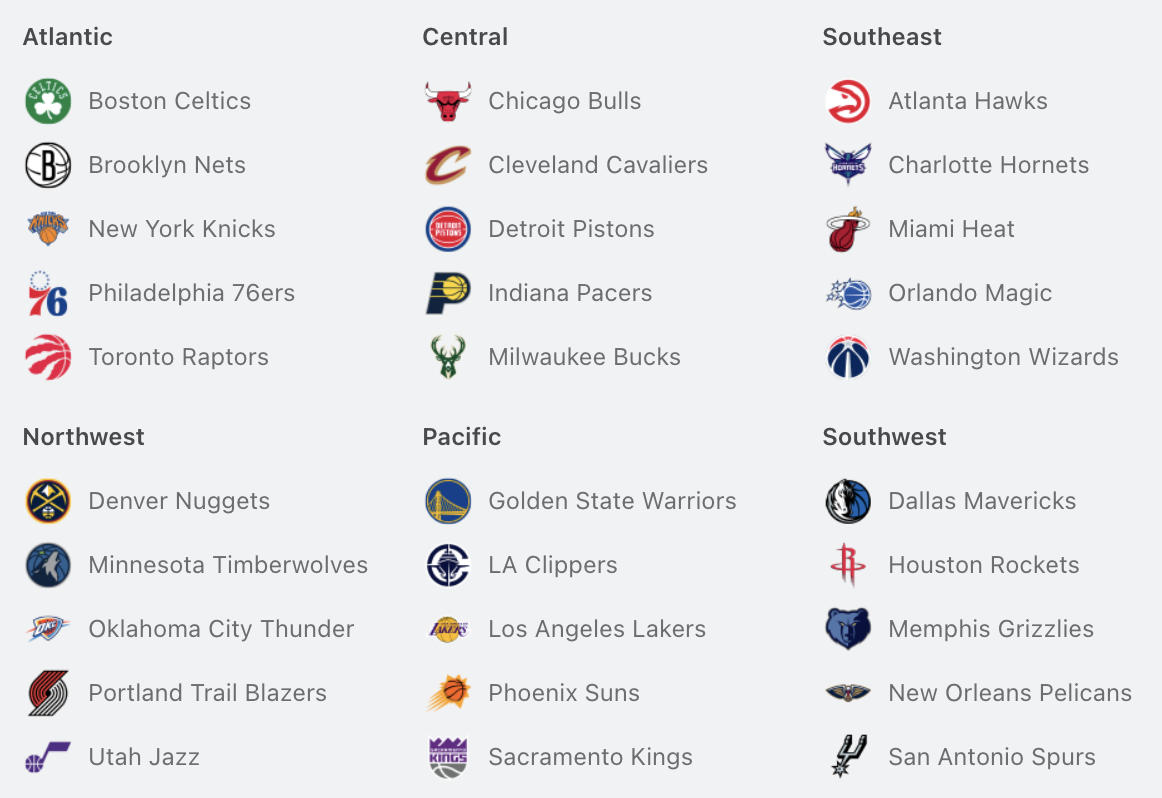The time has come and gone that the public can handle using anonymity. There was once a time when a source could remain hidden to protect themselves and only in those situations was their name hidden. We’ve now reached a point, in both social practice and technology, that remaining unnamed is an obvious problem.
Letters to the editor at a newspaper publication are checked. They are fact checked. They are then checked to make sure that they came from whose desk they claimed to have been penned from.
These levels of journalistic security provide some relief for the readers, publishers, editors and, most importantly, those who are writing these letters. When you send a letter to the Hartford Courant, you can rest assured that you will receive a phone call or email making sure that you wrote it.
There is a large problem with the tech generation in our attitudes towards what is appropriate and what is not. Namely, we can’t handle public commentary. Too many people handle comments on blogs and other user-driven news sites as if they are forums for cheap and uneducated banter.
A student who has taken Ethics Of Journalism would tell you how important libel is and the rules to abide by to stay out of trouble. Whether or not they are just spitting back information or have actually learned that information is unknown, but they can certainly repeat it back to you.
They will tell you public defamation is a practice that will result in a lawsuit. Most of the time, you will not win this battle. ‘Public Defamation’ is a phrase that isn’t in a lot of people’s vocabulary when they go onto a blog or online news site.
A website like Topix, where users can submit their own stories started as a great idea. It was a way for people to report on their towns. It allowed writers to cover the stories they wanted to. There was room for comment and criticism. This exemplified citizen journalism.
This type of journalism was what our modern-day publications were founded upon. At their infancy, newspapers were the voice of the people. They published personal tales of oppression and questions of public policy. It was meaningful comment. Criticism had grounds to stand on. It worked.
As Topix evolved, along with other similar sites, problems began to show. Lives have been changed by what others are writing on their sites, sometimes without a by-line. Rumors have spread out of control and have even been picked up by national publications as stories of cyber-bullying and defamation.
If you go to your local internet search engine and type, “public defamation topix,” you can see a variety of articles written about issues surrounding cyber-bullying and whether or not it is fair comment and criticism. It’s not just a local issue. A lot of people are talking about this.
Those who have taken classes and understand the elements of journalism through experience or from the classroom should be outraged at what is now considered “reporting.” Real journalists cannot stay anonymous. That’s not how it works. It’s a sham.
There was once a time when you could have asked me if I believed that all newspapers would eventually fold and I would have told you that think they eventually will. I can no longer stand by that statement. The general public is beginning to realize that citizen journalism, with no guidance or education, is not a reputable source of information.
These sites help in natural disaster situations and when the presses can no longer be trusted, but those situations are far and few between. Nothing will ever replace a well reported and balanced story. If you want to be taken seriously, put your name on your criticism. At least then we can believe you are being fair and honest.
There is no more room for these practices in what has become a very competitive market for information. Hopefully we can realize that we’re crossing the line of absurdity in the media before we’re well past it.


